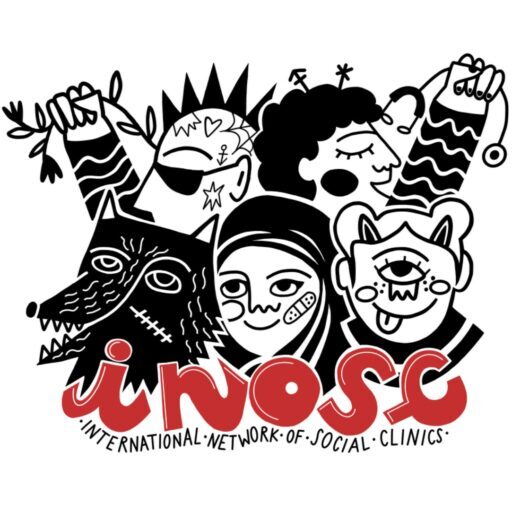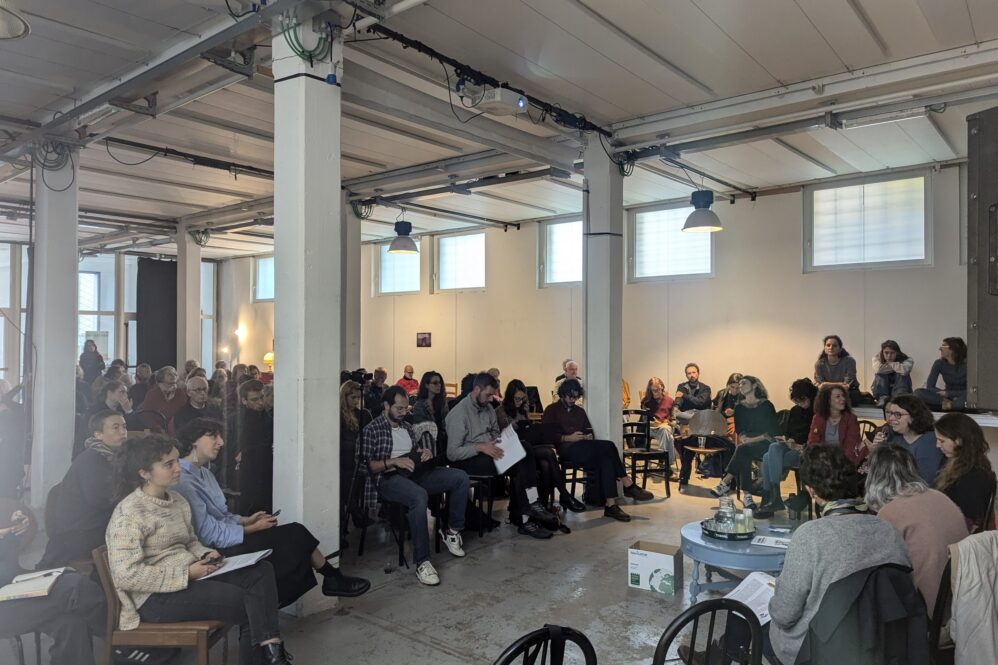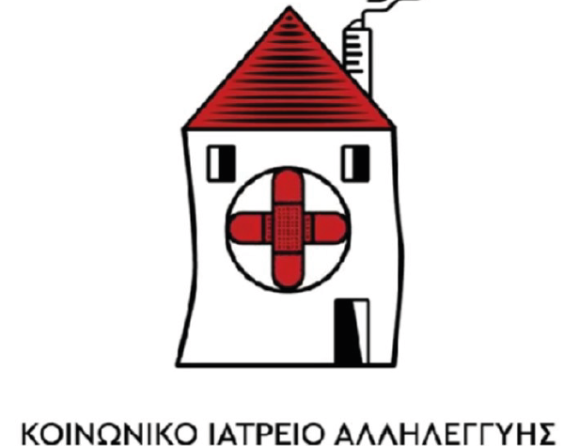Overview and Context
 There is no such thing as a European health system, but we can identify some kind of European health policy, whose direction is strongly dependent on primary commercial interest. In recent last years, EU tried to influence local policies with recommendations strictly linked to economic factors (e.g. the reduction of public expenditure); although present, recommendations linked to ethical or political factors (e.g. the guarantee of the right to abortion) seem much less impactful.
There is no such thing as a European health system, but we can identify some kind of European health policy, whose direction is strongly dependent on primary commercial interest. In recent last years, EU tried to influence local policies with recommendations strictly linked to economic factors (e.g. the reduction of public expenditure); although present, recommendations linked to ethical or political factors (e.g. the guarantee of the right to abortion) seem much less impactful.
The most prevalent pre-covid EU prescription about Health is the request to Member State to increase cost-efficiency in healthcare. In particular, this takes the form of three types of intervention: (1) curtailing public health expenditure and service levels; (2) reorganising health services along managerial and market lines (by (1) making the running of healthcare units, especially hospitals, more business-like (managerialization) and (2) opening the sector to private healthcare providers (liberalization).); and (3) privatizing access to healthcare (This last point includes prescriptions that sought to offset cuts in public healthcare expenditure with an increase in private financing sources, which translated into a change from a more solidaristic to a more individualized model of access dependent on patients’ private means.) .
It should also be noted that the unexpected emergence of the covid pandemic reduced the trend towards cutting health care costs. Nevertheless, we do not believe that this change really marks a reversal of the trend, unless we find the strength to impose it.
In respect to European Health policies, the regulation of the pharmaceutical market must be considered. Despite the principles of solidarity and fairness that SHOULD inspire it, the huge imbalances concerning the unequal access of citizens of member states to life-saving drugs are well known: pharmaceutical companies make secret, upward agreements with individual European states, which leads to higher costs for poorer states and, in many cases, the non-availability of certain drugs in some states. This is not surprising, given that the European Medicines Agency (EMA) is directly financed for more than 50% of its budget by pharmaceutical companies and that there is a remarkable phenomenon of revolving-doors between EMA and drug companies.
 In this context, we find it interesting to investigate whether and how the progressive shift to the right of the European parliament and, even more so, of the parliaments of nation states, influences health policies. The question, in other words, is: do the extreme right-wing parties in Europe, growing almost everywhere and in government in more than one state, have a health policy? If so, is it different from what we have seen so far?
In this context, we find it interesting to investigate whether and how the progressive shift to the right of the European parliament and, even more so, of the parliaments of nation states, influences health policies. The question, in other words, is: do the extreme right-wing parties in Europe, growing almost everywhere and in government in more than one state, have a health policy? If so, is it different from what we have seen so far?
In this regard, it is not insignificant to note the association between poor health and the tendency towards low participation and electoral preferences for right-wing parties, with the possibility of a vicious circle between further dismantling of universalistic national systems and a progressive shift to voting for right-wings parties. (“People whose health status gets worse tend to lose trust in the healthcare system, the political system, the elements of society at large, and they tend to lose a sense of agency.” )
Some examples of right-wing policies could be found in:
● Reproductive Rights and Abortion: Policies restricting abortion rights or the influence of pro-life organisations.
● Mental Health Policies: In Italy, under a neo-fascist government, there is concern over potential coercive mental health policies, threatening the more democratic approaches established in the 1970s by the Basaglia movement.
● Exclusion of Marginalised Groups: Right-wing policies may further limit healthcare access for marginalised populations, particularly immigrants, reinforcing systemic barriers and exacerbating health disparities.
Questions
● Can European Health Policies be considered a valid field of struggles for our struggles?
● Are the realities that make up the network interested in identifying such possibility in
concrete terms?
● Are there already thoughts about possible European-wide campaigns within the
experiences here? Do any social clinics already participate in campaigns of this kind?
Discussion
 Activists questioned whether right-wing policies inherently limit healthcare rights or if it’s a process which is also promoted by other governments. One discussant argued that the ethical conflict between economic and health equity interests remains a bipartisan issue. Indeed due to the increase of the health needs of the population – phenomena which is tightly connected to the ageing of the population, the development of medical technologies and the medicalisation of life – all governments are bound not to invest enough funds into healthcare. However, right-wing governments tend to align more directly with market-driven approaches, viewing social inequality as acceptable,and consequently impacting on the social determination of health, whereas left-wing movements regard it as a societal harm. This can also be seen by the fact that right wing governments prioritise migration as a political issue, often overshadowing climate change, which instead is seen as a much more threatening phenomena.
Activists questioned whether right-wing policies inherently limit healthcare rights or if it’s a process which is also promoted by other governments. One discussant argued that the ethical conflict between economic and health equity interests remains a bipartisan issue. Indeed due to the increase of the health needs of the population – phenomena which is tightly connected to the ageing of the population, the development of medical technologies and the medicalisation of life – all governments are bound not to invest enough funds into healthcare. However, right-wing governments tend to align more directly with market-driven approaches, viewing social inequality as acceptable,and consequently impacting on the social determination of health, whereas left-wing movements regard it as a societal harm. This can also be seen by the fact that right wing governments prioritise migration as a political issue, often overshadowing climate change, which instead is seen as a much more threatening phenomena.
Looking at specific countries, Greece’s health system, still young and lacking preventive and promotional services, heavily relies on private payments, ranking fourth in Europe for out-of-pocket health expenses. Despite no extreme-right government in recent years, far-right ideologies in Greece influence state policies, with alliances even from left-wing parties. For example, austerity policies led to the exclusion of millions from healthcare due to job insecurity and lack of health coverage, sparking grassroots efforts like the KIA clinic.
Similarly, in Italy, even before the rise of a right-wing government, both left and right-wing governments have continued to privatise health care, which has now led to four million Italians going without medical care because of the cost. In the local context of Vicenza, some activists mentioned the TAV project, which disregards significant environmental and health impacts, and despite medical evidence linking it to increased respiratory issues, local and national governments, even left-wing ones, overlook these concerns in the name of “progress.”
Proposals and future directions
 ● Recognize the role of Social Clinics in influencing practices at a micro and a macro level. On a micro level, Social Clinics act as frontline spaces to engage with marginalized groups, bridging healthcare gaps and challenging fascist ideologies. Indeed, by not discriminating against anybody and guaranteeing access to anyone despite their political ideologies, Social Clinics are able to break down ideological barriers and promote solidarity. On a macro level, Social Clinics are able to promote a healthcare model that not only promotes health but is also able to face contemporary health challenges (i.e. ageing of the population).
● Recognize the role of Social Clinics in influencing practices at a micro and a macro level. On a micro level, Social Clinics act as frontline spaces to engage with marginalized groups, bridging healthcare gaps and challenging fascist ideologies. Indeed, by not discriminating against anybody and guaranteeing access to anyone despite their political ideologies, Social Clinics are able to break down ideological barriers and promote solidarity. On a macro level, Social Clinics are able to promote a healthcare model that not only promotes health but is also able to face contemporary health challenges (i.e. ageing of the population).
● Participants raised the importance of considering European health policies as potential fields of activism. Specifically, there was discussion about the feasibility of building a transnational network for advocating alternative health policies that prioritise ethical and communal values over market interests. In this perspective we think it might be useful to reach out to other movements that already work at an international level (i.e. WHO watch – that monitor and document policy developments at WHO and other international forums, advocating for health policies that prioritize public interest and transparency; Public Pharma for Europe – a coalition amed at ensuring timely and equitable access to medicines, vaccines, and other health technologies; European Network our health is not for sale) as well as organising collective events/demonstrations at key international health events (i.e. Health G7 held in Ancona; 7th of April), for which we decided to create a specific working group.
● Right-wing narratives and simplified solutions attract support by filling gaps left by left-wing governance, particularly in areas like immigration. Some participants emphasised that we should recognize the importance of the discourse and pay attention to the terminology we use to define contemporary events (i.e. migration crisis). We also discusses that left-wing movements, as INOSC, should adopt clearer, less elitist narratives to resonate with broader demographics and counteract right-wing populism.










